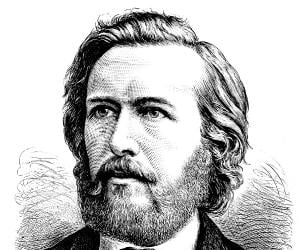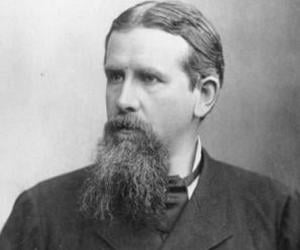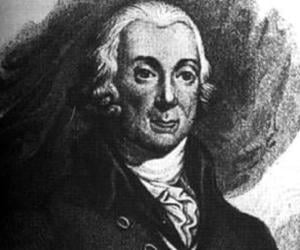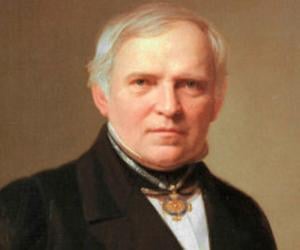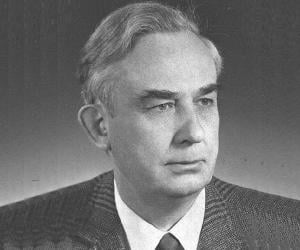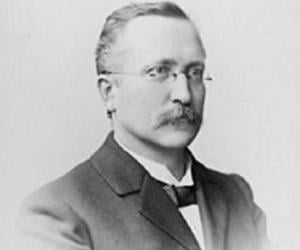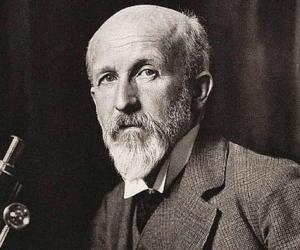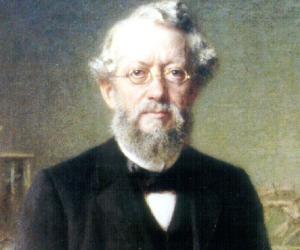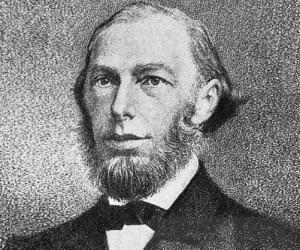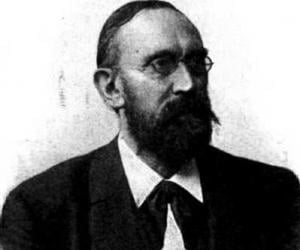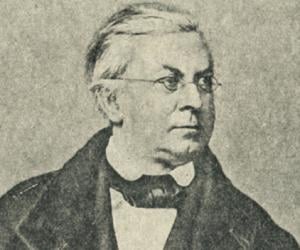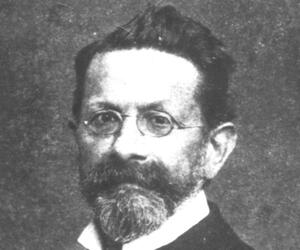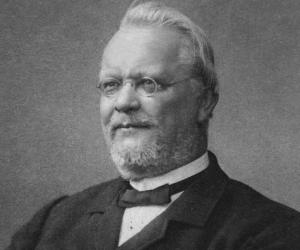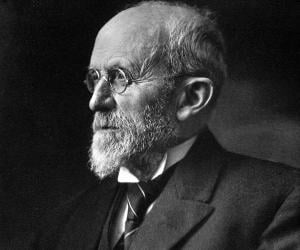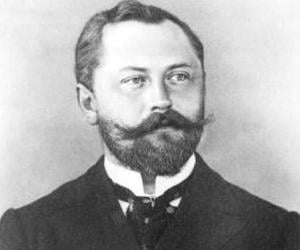1
Ernst Haeckel
(Zoologist & Evolutionist Who Was a Strong Proponent of 'Darwinism')
Birthdate: February 16, 1834
Sun Sign: Aquarius
Birthplace: Potsdam, Germany
Died: August 9, 1919
Ernst Haeckel was a prominent German scientist known for his work as a zoologist, naturalist, eugenicist, philosopher, physician, professor, marine biologist, and artist. He made significant contributions to biology, discovering and naming numerous species, developing a genealogical tree of life, and coining several key biological terms. Haeckel was a key figure in popularizing Charles Darwin's work in Germany and proposed the controversial recapitulation theory. His published artwork, particularly in "Art Forms of Nature," influenced the Art Nouveau movement. Additionally, he wrote influential philosophical works and was a proponent of scientific racism and Social Darwinism.
